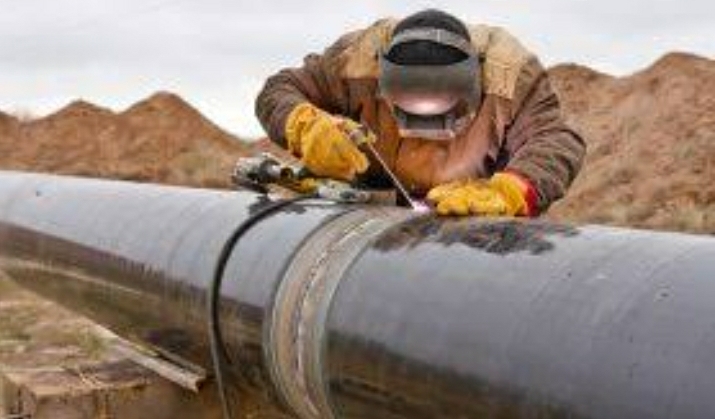GIANT financial institutions have been made aware of the tremendous social and environmental menaces modelled by the pipeline that would be shuttling crude oil from Uganda to Tanzania, and asked to cease funding.
SAUTI KUBWA is aware of a global movement of environmental activists asking would-be financiers of the East African oil project to block loans, or any monetary and advisory assistances, to save lives and ecosystems wherever the 1,445-kilometer pipeline channels through.
More than 260 organizations have issued an open letter to the banks identified as financial advisers for the construction of the East African Crude Oil Pipeline (EACOP). The banks that are set to finance the project are Standard Bank, Stanbic Bank Uganda, the Industrial & Commercial Bank of China and Sumitomo Mitsui Banking Corporation of Japan.
The pipeline would carry oil from fields in Western Uganda – Hoima – to Chongoleani, Tanga, a port on the northern coast of Tanzania.
The human rights and environmental organizations that sent the letter say the pipeline’s construction poses “unacceptable” risks to communities and the environment in Uganda, Tanzania and beyond.
They are encouraging the banks not to fund the $3.5 billion project, and are asking government leaders to shift funding away from infrastructure for climate-warming fossil fuels to renewable energy.
The groups of national and international NGOs contend that the project is already impinging on communities and exacerbating poverty in the region. Their representatives also say that construction of the pipeline, comes with risks to both the immediate environment through which it would run and to the global climate.
“Banks have been made aware of the tremendous risks posed by this pipeline, and they have been made aware of the groundswell of opposition from communities and civil society locally and internationally,” Ryan Brightwell, a researcher and editor at the finance and sustainability NGO BankTrack, said in a statement, adding: “Any bank that chooses to finance the EACOP in the face of this opposition will show itself to be among the most irresponsible in the industry.”
BankTrack detailed the human rights and environmental risks in a report published in November 2020. Now, construction on the project appears set to begin after a number of meetings between Uganda and Tanzania.
Total is working with China National Offshore Oil Corporation (CNOOC) on the EACOP project. The cost of the construction is expected to be $3.5 billion, $2.5 billion of which would come from bank loans. Tullow, which is a multinational oil and gas exploration company founded in Tullow, Ireland with its headquarters in London, United Kingdom, withdrew from the pipeline project by selling all its shares to Total.
Opponents of the pipeline says more than 400 villages would be affected by the pipeline. The organizations say that works out to some 14,000 households that could lose land on the pipeline’s path from the city of Hoima in western Uganda to Tanga on Tanzania’s northern coast.
SAUTI KUBWA understands people and assets that will be physically and (or) economically disturbed have been evaluated by the team of experts. The affected persons are complaining of the meagre values termed as compensation of their land and other properties, including house structures, livestock and projects.
Households have not yet been compensated for the lost income or food production to-date.
The EACOP project, before it was stopped in 2019, had blocked access to farmlands as early as it was clearing spaces for construction.
The construction itself is expected to cut through corridors for elephants and eastern chimpanzees and potentially open up protected game reserves to poachers.
The letter to the banks also notes that almost one-third of the pipeline’s length would run through the Lake Victoria Basin. As Africa’s largest lake, it provides livelihoods to 40 million people in the region and water for millions.
BankTrack report also estimate that the oil flowing through the pipeline would release 33 million metric tons of CO2 into the atmosphere, which is more that the emissions of Uganda and Tanzania put together.
More than 120 Africa-based organizations signed onto the letter, and they voiced concerns that the effects of the pipeline could seep far beyond the borders of the two countries in which it would be constructed.
The group of NGOs also want Total to compensate people affected by initial preparations for construction, and are encouraging leaders in Uganda and Tanzania to back renewable sources of energy instead of infrastructure related to fossil fuels.











